
Manzini: The Vibrant Heart of Eswatini
Manzini, often referred to as the 'Hub of Eswatini,' is a bustling city that offers a unique blend of urban energy and traditional Swazi culture. Located in the central part of the country, Manzini is the commercial and industrial heart of Eswatini, making it a vital destination for both business and leisure travelers. Visitors to Manzini can experience the vibrant markets where local vendors sell everything from fresh produce to handcrafted souvenirs. The Manzini Market is a must-visit, offering an authentic taste of local life and culture. Here, you can find traditional Swazi attire, colorful fabrics, and unique art pieces that make for perfect mementos of your trip. Manzini is also home to several cultural landmarks and historical sites. The nearby Mkhaya Game Reserve offers an excellent opportunity to see some of Africa's most iconic wildlife, including rhinos, elephants, and antelopes, in their natural habitat. Additionally, the city is a gateway to exploring the rich traditions of Eswatini, with cultural villages and dance performances that provide an immersive experience into the Swazi way of life. With its friendly locals, bustling markets, and rich cultural heritage, Manzini is a city that promises to leave a lasting impression on all who visit. Whether you're here for business or pleasure, Manzini offers a unique and unforgettable experience in the heart of Eswatini.
Local tips in Manzini
- Visit the Manzini Market early in the morning for the freshest produce and best selection of crafts.
- Carry local currency (Emalangeni) as many vendors and smaller shops do not accept credit cards.
- Make time to visit the Mkhaya Game Reserve, but book your safari in advance to secure a spot.
- Engage with locals and respect their customs; a little effort to speak SiSwati goes a long way.
- Be cautious of your belongings in crowded areas to avoid pickpocketing.
Manzini: The Vibrant Heart of Eswatini
Manzini, often referred to as the 'Hub of Eswatini,' is a bustling city that offers a unique blend of urban energy and traditional Swazi culture. Located in the central part of the country, Manzini is the commercial and industrial heart of Eswatini, making it a vital destination for both business and leisure travelers. Visitors to Manzini can experience the vibrant markets where local vendors sell everything from fresh produce to handcrafted souvenirs. The Manzini Market is a must-visit, offering an authentic taste of local life and culture. Here, you can find traditional Swazi attire, colorful fabrics, and unique art pieces that make for perfect mementos of your trip. Manzini is also home to several cultural landmarks and historical sites. The nearby Mkhaya Game Reserve offers an excellent opportunity to see some of Africa's most iconic wildlife, including rhinos, elephants, and antelopes, in their natural habitat. Additionally, the city is a gateway to exploring the rich traditions of Eswatini, with cultural villages and dance performances that provide an immersive experience into the Swazi way of life. With its friendly locals, bustling markets, and rich cultural heritage, Manzini is a city that promises to leave a lasting impression on all who visit. Whether you're here for business or pleasure, Manzini offers a unique and unforgettable experience in the heart of Eswatini.
When is the best time to go to Manzini?
Iconic landmarks you can’t miss
Manzini Main Market
Experience the vibrant culture and local flavors at Manzini Main Market, the heart of Eswatini's commerce and community life.
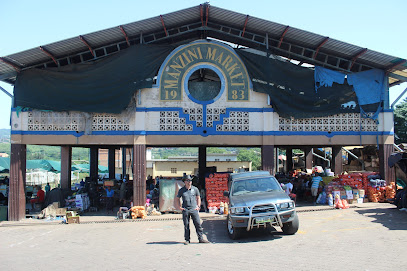
Manzini Lifestyle Center
Discover shopping, dining, and entertainment at the Manzini Lifestyle Center, a hub of local culture and leisure in Eswatini.
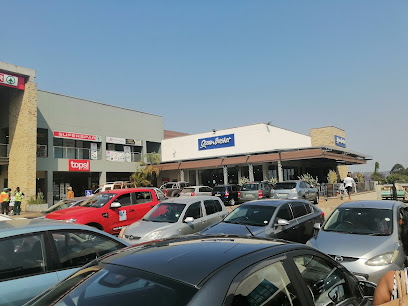
Global Village Guesthouse
Discover the heart of Eswatini at Global Village Guesthouse, where comfort meets local culture in the vibrant city of Manzini.

Mdzimba Rock Spur Manzini
Experience the vibrant atmosphere and diverse menu at Mdzimba Rock Spur Manzini, where culinary delights meet Eswatini's hospitality.
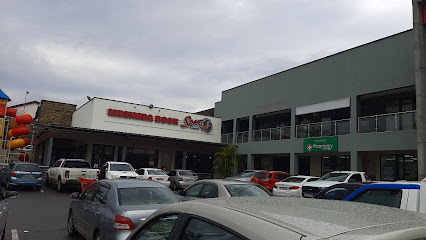
Trenchtown Cruise
Experience the scenic beauty of Eswatini with Trenchtown Cruise, your reliable transportation service for an unforgettable journey.

Number 43 Trelawney Park
Discover the historical charm of Number 43 Trelawney Park in Manzini, a must-visit site showcasing Eswatini's rich cultural heritage.
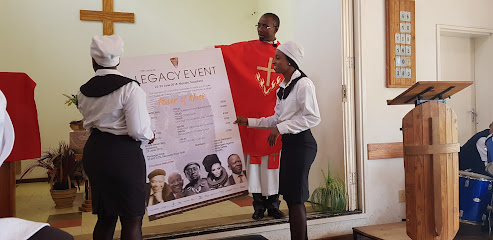
out of manzini Highway
Explore the out of Manzini Highway, a historical landmark that reveals the rich cultural heritage and stunning landscapes of Eswatini.

Manzini south
Discover the beauty of Eswatini at Manzini South Campground - your perfect escape into nature's embrace.

Lewis Manzini
Explore Lewis Manzini in Eswatini for a unique selection of furniture, appliances, and home goods reflecting local craftsmanship and style.
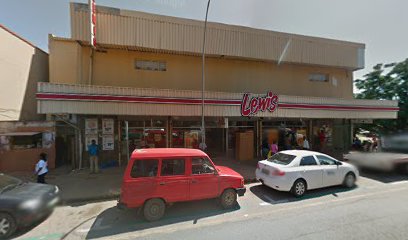
ESWATINI VISUALS
Experience the vibrant art scene of Eswatini at ESWATINI VISUALS, where creativity and culture converge in the heart of Manzini.

Beares Manzini
Explore Beares Manzini for a diverse selection of quality furniture, appliances, and unique home goods in the heart of Eswatini.
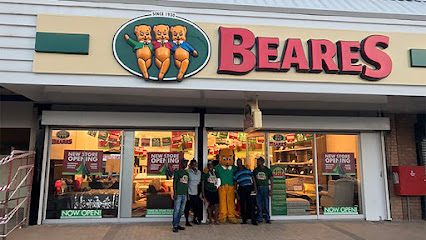
Unmissable attractions to see
Mlilwane Game Sanctuary
Experience the breathtaking wildlife and stunning landscapes of Mlilwane Game Sanctuary, a must-visit nature preserve in Eswatini.
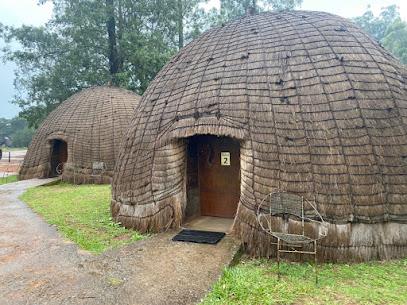
Mantenga Nature Reserve and Cultural Village
Discover the breathtaking landscapes and rich culture of Eswatini at Mantenga Nature Reserve and Cultural Village, a perfect blend of nature and tradition.
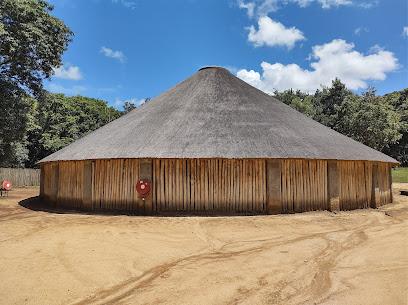
House On Fire / Malandelas Restaurant
Experience the essence of Eswatini at Malandela's Farm, where vibrant performances and delicious local cuisine create unforgettable memories.

Malolotja National Park
Discover the breathtaking landscapes and rich biodiversity of Malolotja National Park in Eswatini, an unspoiled gem for nature lovers and adventure seekers.
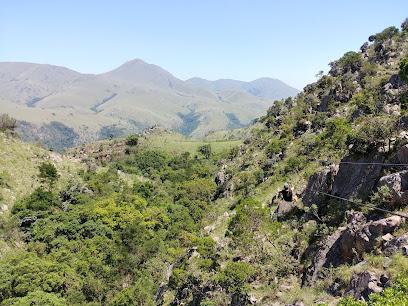
Malolotja National Park
Experience the breathtaking landscapes and rich biodiversity of Malolotja National Park, a natural paradise in Eswatini.
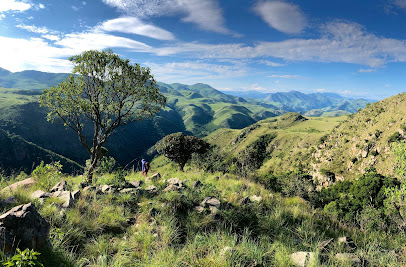
Malolotja Canopy Tour
Discover the breathtaking beauty of Eswatini from above with the exhilarating Malolotja Canopy Tour, where adventure meets nature.
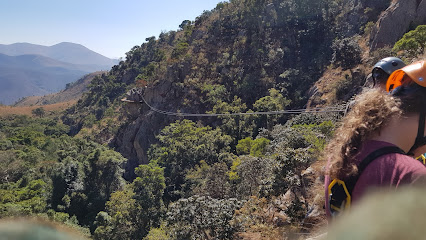
King Sobhuza II Park
Explore the tranquil and culturally rich King Sobhuza II Park in Lobamba, a serene homage to Eswatini's heritage amidst beautiful landscapes.
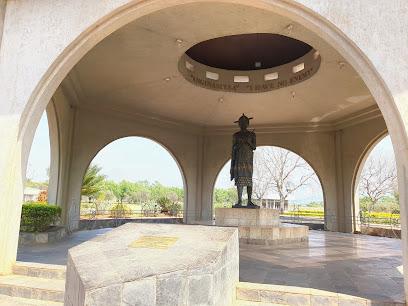
Woza Nawe African Cultural Tours
Discover authentic Swazi culture with Woza Nawe African Cultural Tours, a journey through the heart of Eswatini's rich traditions and breathtaking landscapes.
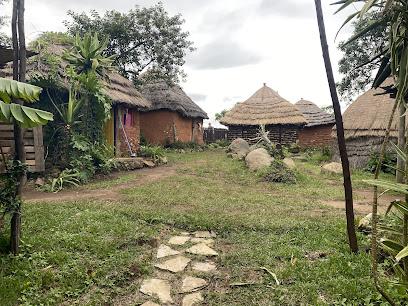
Old Stone Church Museum
Uncover the fascinating history and cultural heritage of Eswatini at the Old Stone Church Museum in Manzini.
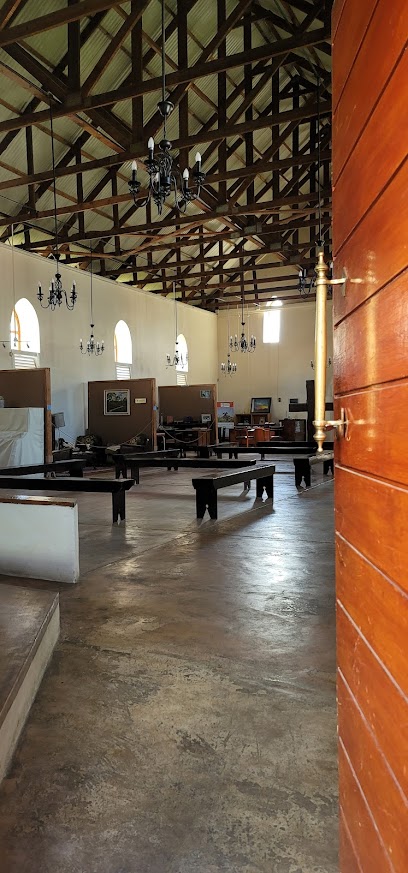
The Wife Emfatini
Explore the cultural essence and stunning landscapes of The Wife Emfatini in Siteki, Eswatini, a must-visit tourist attraction for every traveler.

Omakhelwane Sanctuary The Boardroom
Discover the serenity and biodiversity of Omakhelwane Sanctuary, a natural preserve in Mbabane, Eswatini, perfect for nature lovers and adventure seekers.

Sunset Rocks - Mabuda Farm
Experience breathtaking sunsets and serene landscapes at Sunset Rocks, a must-visit tourist attraction in Siteki, Eswatini, perfect for nature enthusiasts.

DesiWear
Explore the heart of Manzini at DesiWear Market, a vibrant traditional market filled with local crafts, delicious street food, and rich cultural experiences.
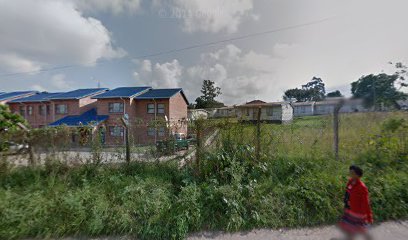
Maswati lll circle
Experience the tranquility of Maswati III Circle, a serene park in Mbabane, Eswatini, perfect for relaxation and cultural immersion.

Essential places to dine
Nando's Manzini
Experience the best peri-peri chicken at Nando's Manzini in Eswatini - a flavorful journey awaits!
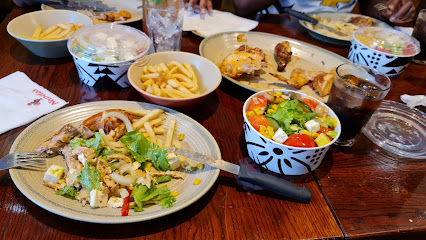
Gil Vicente Restaurant
Experience authentic Eswatini cuisine at Gil Vicente Restaurant in Manzini – where tradition meets taste in every bite.
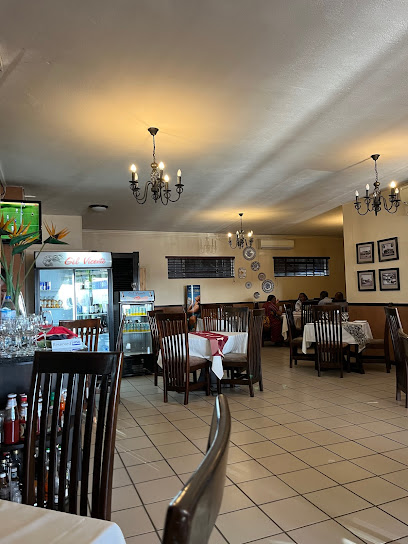
Mdzimba Rock Spur Manzini
Discover delightful flavors at Mdzimba Rock Spur Manzini – a must-visit restaurant for tasty steaks and warm hospitality.
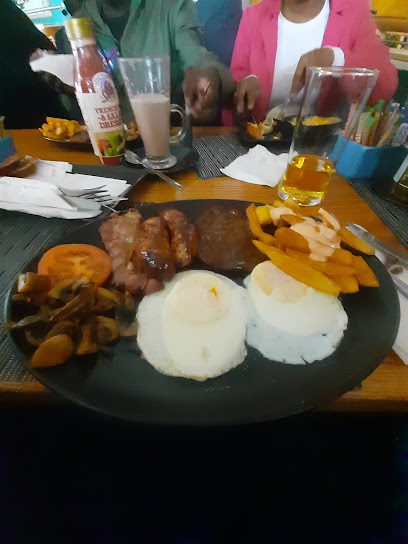
The XChange Lounge & Shisanyama
Experience authentic Shisanyama dining at The XChange Lounge & Shisanyama in Manzini - where flavor meets community spirit.
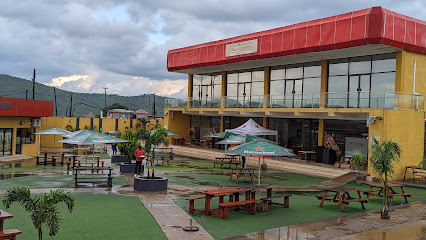
Ocean Cuisine
Discover exquisite seafood delights at Ocean Cuisine in Manzini – where every dish tells a story of the ocean's bounty.
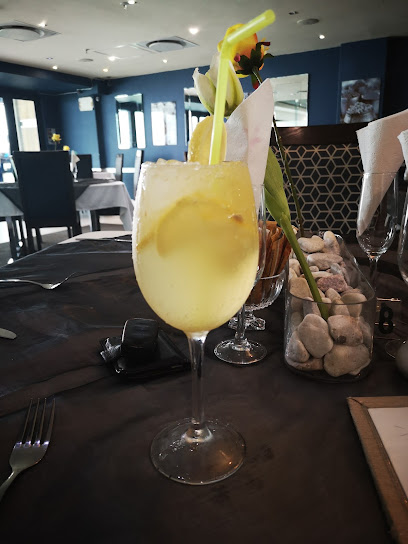
The Food Hut
Experience unique presentations and flavorful dishes at The Food Hut in Manzini - a must-visit restaurant for every food lover.
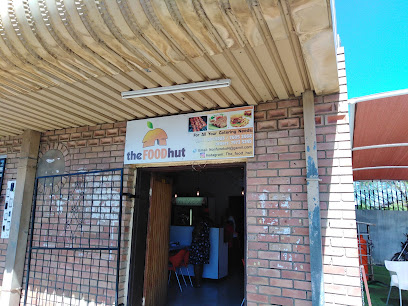
Ocean Basket Manzini
Discover exquisite seafood and sushi at Ocean Basket Manzini – a culinary haven in Eswatini's vibrant city center.
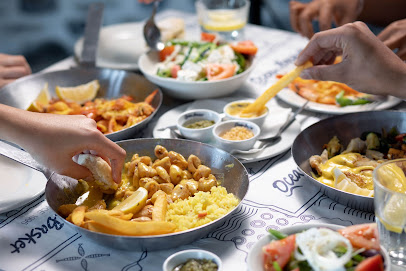
RocoGo Manzini
Experience gourmet burgers at RocoGo Manzini—where every bite tells a story in Eswatini's vibrant culinary scene.
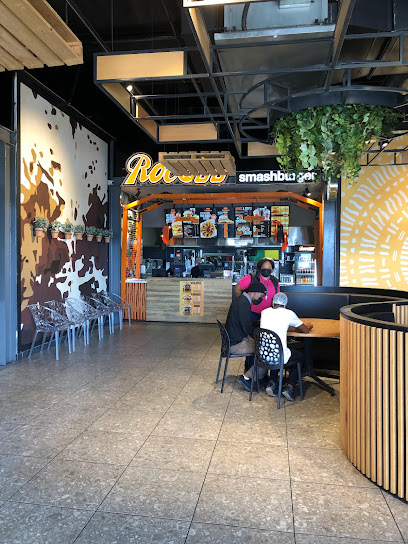
Marios Pub & Grill
Experience the essence of Eswatini's cuisine at Marios Pub & Grill - where delicious flavors meet vibrant social vibes.
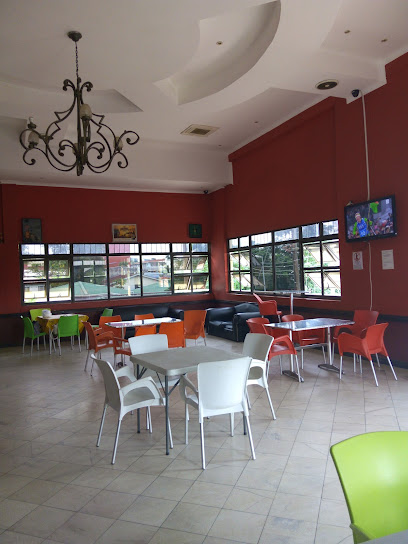
Hua Hong Chinese Restaurant
Experience exquisite authentic Chinese flavors at Hua Hong Chinese Restaurant in Manzini – where culinary tradition meets contemporary dining.
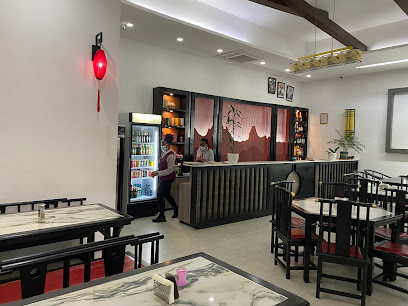
COZY Coffee House & Bistro/Habesha Restaurant
Discover the warmth and flavors of Eswatini at COZY Coffee House & Bistro in Manzini – where culinary delights meet cultural experiences.
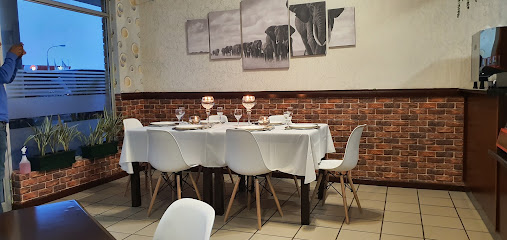
Little India - Eswatini
Experience authentic Indian cuisine at Little India in Eswatini - a vibrant culinary destination offering delightful dishes and warm hospitality.
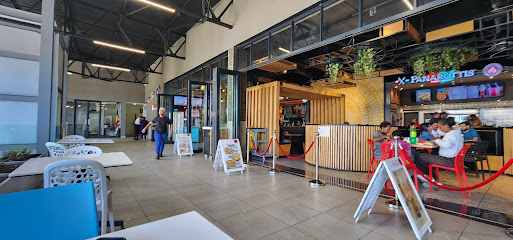
Shisa Nyama
Experience authentic Eswatini cuisine at Shisa Nyama in Manzini – where tradition meets flavor.
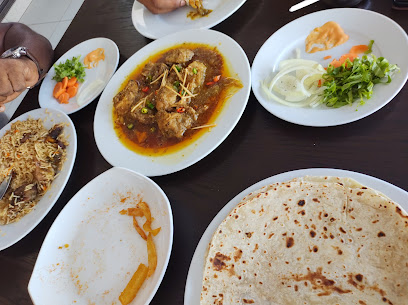
The pizza Club & Grill
Savor authentic flavors at The Pizza Club & Grill in Manzini - your go-to spot for delicious pizzas and grilled delights.
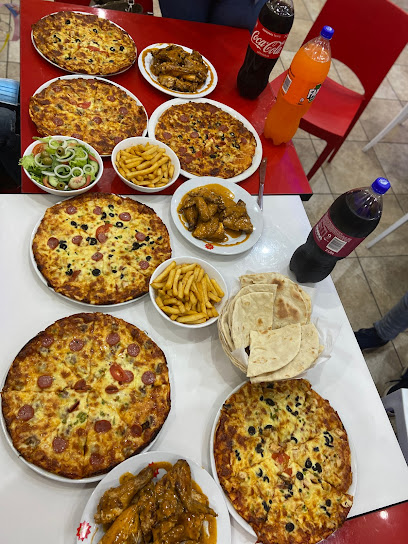
Tee's Bistro
Discover culinary excellence at Tee's Bistro in Manzini - where local flavors meet international cuisine in a vibrant mall setting.
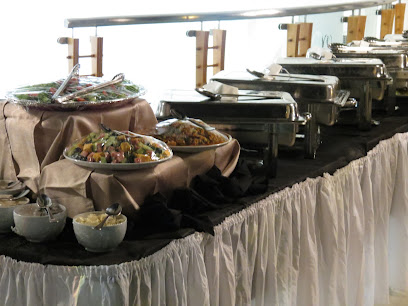
Markets, malls and hidden boutiques
Riverstone Mall
Explore Riverstone Mall, the ultimate shopping destination in Manzini, Eswatini, with diverse shops, eateries, and entertainment options for an unforgettable experience.

Manzini Mall
Experience the vibrant shopping and dining scene at Manzini Mall, the heart of Eswatini's retail culture.
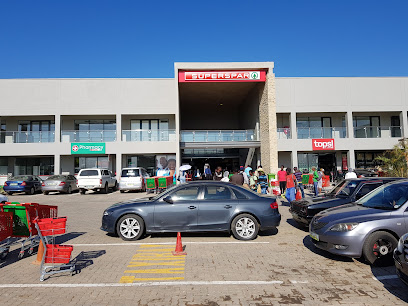
Manzini Main Market
Discover the vibrant colors and flavors of Eswatini at Manzini Main Market, a cultural hub for shopping and local cuisine.
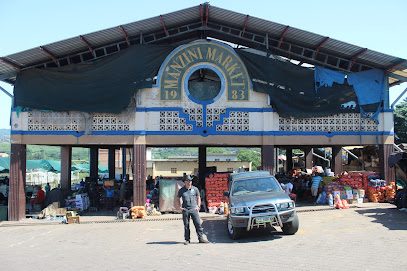
Manzini Lifestyle Center
Explore the Manzini Lifestyle Center, a vibrant shopping mall in Eswatini offering diverse shops, delicious eateries, and cultural experiences for every tourist.
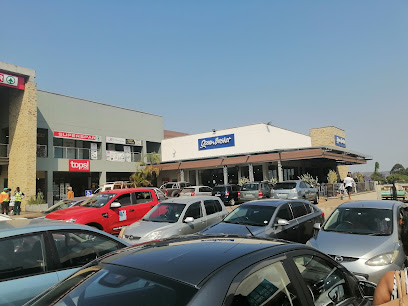
SPAR Moneni
Discover a blend of local charm and modern shopping at SPAR Moneni, Eswatini's premier retail destination in Manzini.
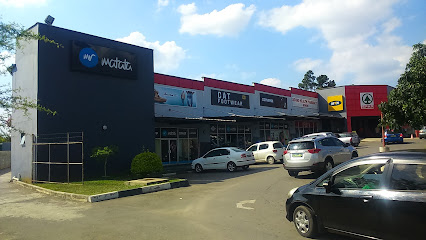
OK FOODS NGWANE PARK
Experience the heart of Eswatini at OK Foods Ngwane Park, where local flavors and fresh produce meet in a vibrant shopping atmosphere.
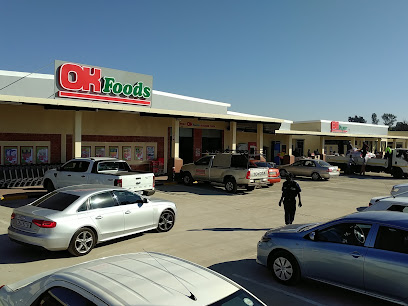
The Hub
Explore The Hub in Manzini for an exciting shopping experience with diverse retail options and delicious dining in Eswatini.
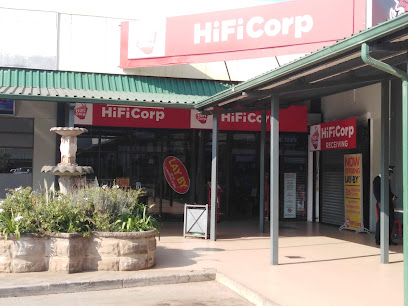
Pick n Pay Family River Stone
Explore the best of local and international products at Pick n Pay Family River Stone in Manzini, Eswatini, your go-to supermarket for all essentials.
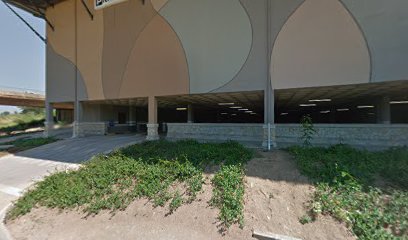
Spar
Discover local flavors and international products at Spar, Manzini's premier grocery store for tourists and locals alike.
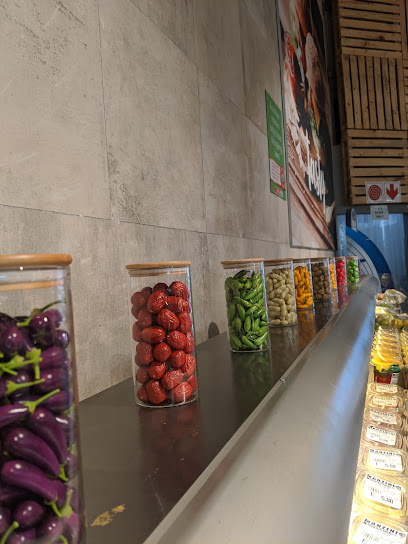
Manzini Boxer Superstores
Explore local flavors and essentials at Manzini Boxer Superstores, a vibrant supermarket in the heart of Eswatini, perfect for every traveler.
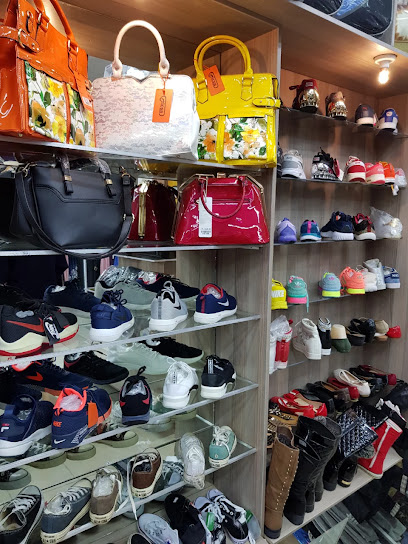
Shoprite Busrank Manzini
Discover convenience and local flavor at Shoprite Busrank Manzini, your go-to supermarket for groceries, travel needs, and much more in Eswatini.
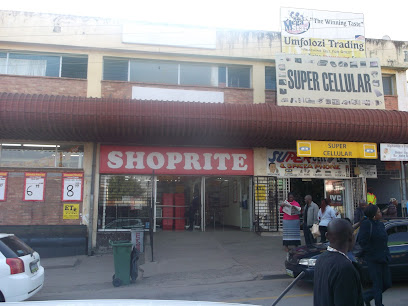
SUPERSPAR Manzini Buy N Save
Explore the vibrant flavors of Eswatini at SUPERSPAR Manzini Buy N Save, your go-to supermarket for fresh produce and local delicacies.
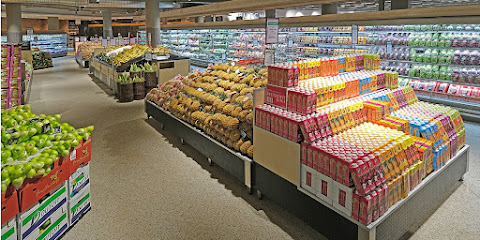
Milky Lane Manzini
Experience the sweet taste of joy at Milky Lane Manzini, where delightful ice cream flavors await in the heart of Eswatini.
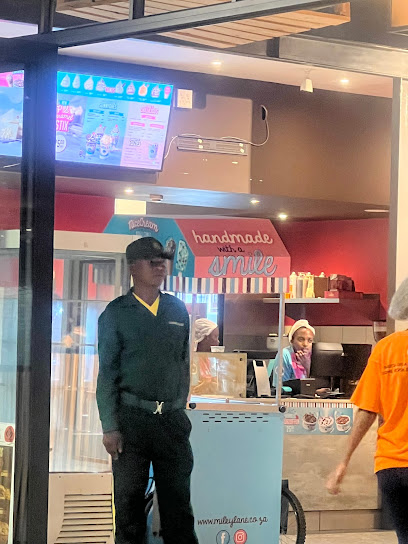
ESWATINI WASTE CENTER
Explore the Eswatini Waste Center in Manzini for unique textiles and a glimpse into the rich Swazi fabric culture.
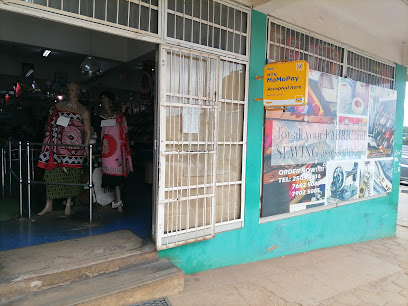
Truworths bhunu mall
Discover the latest fashion trends at Truworths Bhunu Mall, a premier clothing store in Manzini, Eswatini, offering stylish apparel for all occasions.
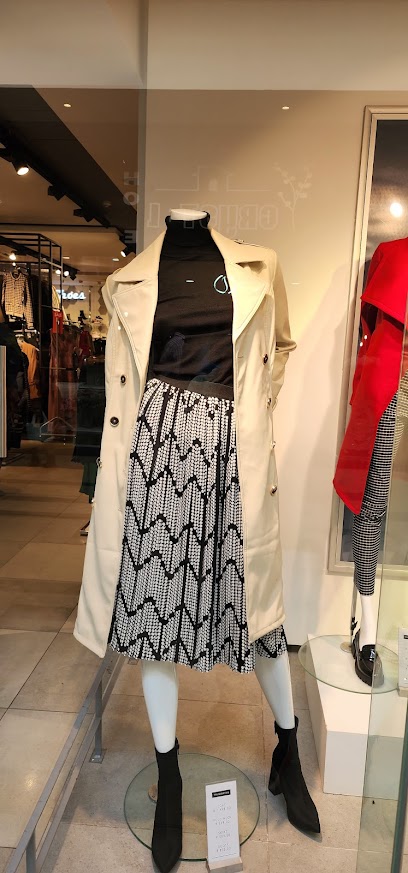
Essential bars & hidden hideouts
Gil Vicente Restaurant
Experience the flavors of Eswatini at Gil Vicente Restaurant, where local ingredients meet international cuisine in a cozy, welcoming atmosphere.
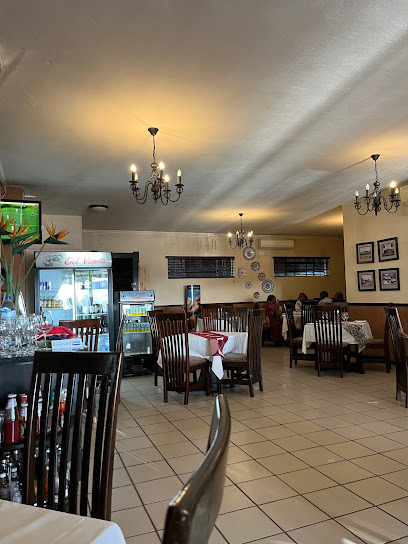
Mdzimba Rock Spur Manzini
Discover the culinary delights of Mdzimba Rock Spur Manzini, where flavor meets hospitality in a vibrant setting.
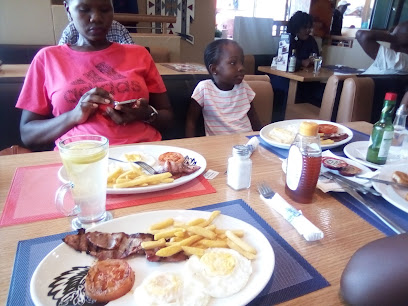
The XChange Lounge & Shisanyama
Experience the vibrant flavors of Eswatini at The XChange Lounge & Shisanyama, where delicious food meets lively entertainment.
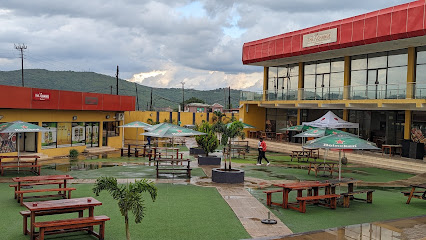
The Vibe
Discover the vibrant energy of The Vibe, Tembisa's premier lounge for relaxation, socializing, and enjoying live music in an inviting atmosphere.

RocoGo Manzini
Discover the flavors of Eswatini at RocoGo Manzini, a burger restaurant offering gourmet delights in a vibrant atmosphere.
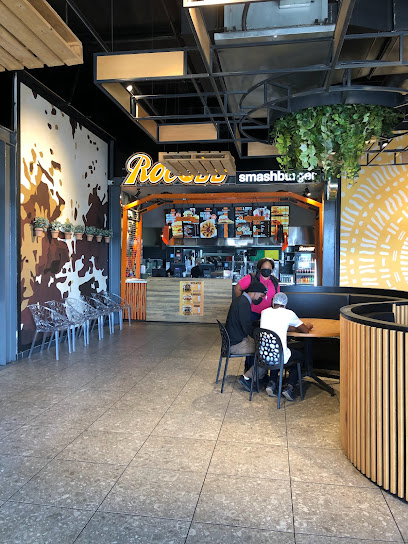
COZY Coffee House & Bistro/Habesha Restaurant
Discover the flavors of Eswatini at COZY Coffee House & Bistro, where every dish tells a story and every sip is a delight.
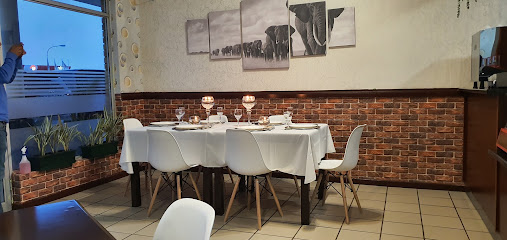
Shisa Nyama
Experience the authentic taste of Eswatini at Shisa Nyama, where grilling meets vibrant culture in the heart of Manzini.
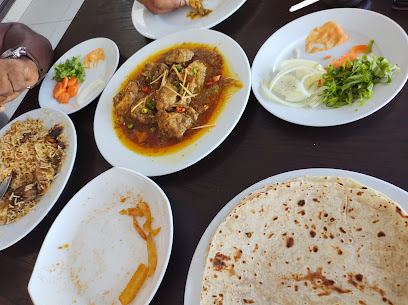
Tee's Bistro
Discover the flavors of Eswatini at Tee's Bistro, a vibrant restaurant in Manzini offering a delightful fusion of local and international cuisine.
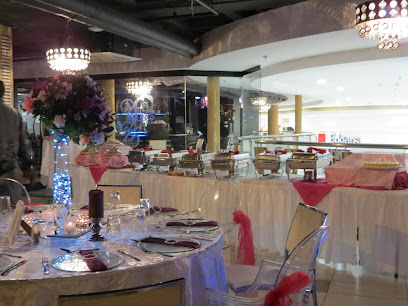
The pizza Club & Grill
Discover a delicious blend of local and international flavors at The Pizza Club & Grill in Manzini, where every bite is a delight.
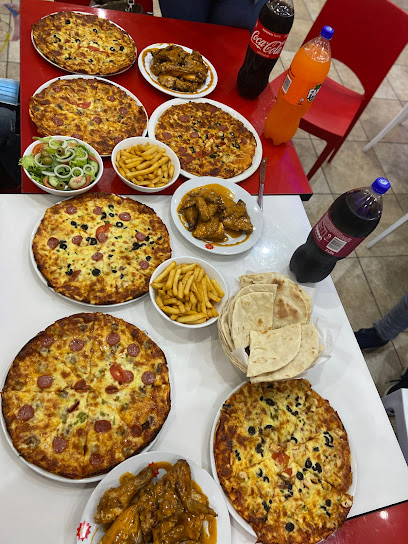
Ngwane Park The Vibe
Experience the vibrant nightlife of Manzini at Ngwane Park The Vibe, where drinks, music, and culture come together for an unforgettable evening.
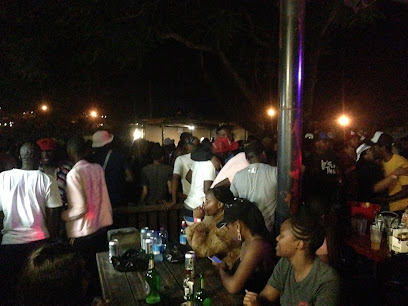
Yoruba Lounge
Experience the rich culinary heritage of Eswatini at Yoruba Lounge, a vibrant restaurant in Manzini serving local and international dishes.
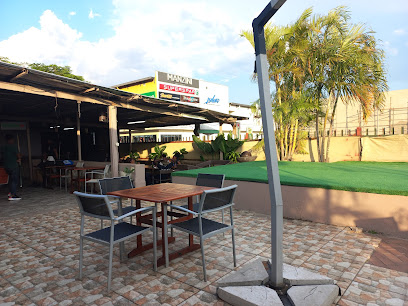
The Venue
Experience the vibrant nightlife of Manzini at The Venue, where exceptional drinks and lively atmosphere come together for an unforgettable evening.
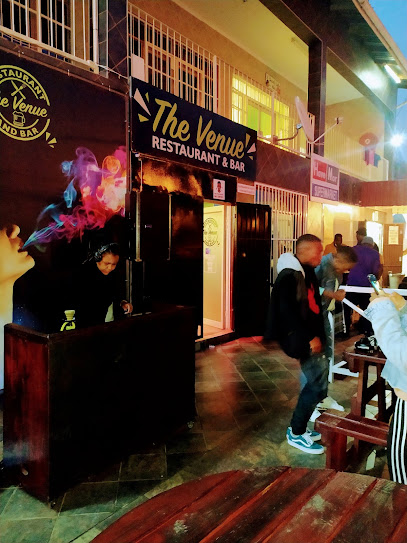
Sundeck, Manzini
Discover Sundeck in Manzini, Eswatini, where local flavors meet international cuisine in a relaxed park setting, perfect for every tourist.
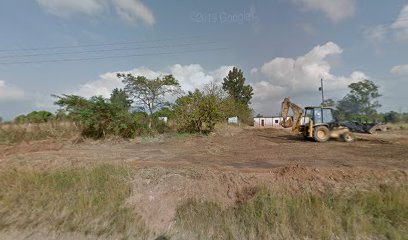
C'est La Vie
Experience the vibrant flavors of Eswatini at C'est La Vie, where every dish tells a story and every visit feels like home.
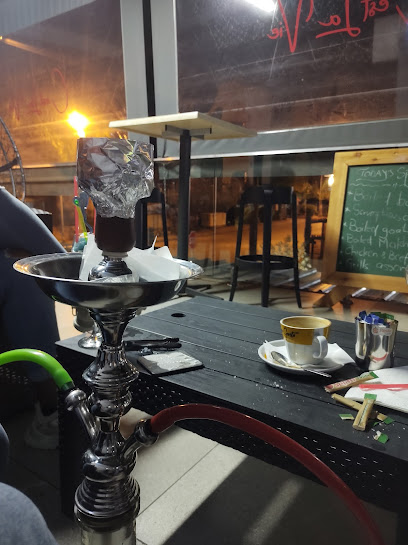
Local Phrases
-
- HelloSawubona
[sah-woo-BOH-nah] - GoodbyeHamba kahle
[HAM-bah KAH-hleh] - YesYebo
[YEH-boh] - NoCha
[CHAH] - Please/You're welcomeNgiyacela
[ing-YAH-sheh-lah] - Thank youNgiyabonga
[ing-yah-BOHNG-gah] - Excuse me/SorryUxolo
[oo-SHAW-loh] - How are you?Unjani?
[OON-jah-nee] - Fine. And you?Ngiyaphila. Wena?
[ing-yah-PEE-lah. WEH-nah] - Do you speak English?Ukhuluma isiNgisi?
[oo-khoo-LOO-mah ee-see-Ngee-see] - I don't understandAngifuni kubuza
[ahn-gee-FOO-nee koo-BOO-zah]
- HelloSawubona
-
- I'd like to see the menu, pleaseNgiyacela ukubona imenyu
[ing-YAH-sheh-lah oo-koo-BOH-nah ee-men-YOO] - I don't eat meatAngiyi kudla inyama
[ahn-GEE-yee koo-DLA ee-nya-MAH] - Cheers!Ochalaza!
[oh-cha-LAH-zah] - I would like to pay, pleaseNgiyacela ukulipha
[ing-YAH-sheh-lah oo-koo-LEE-pah]
- I'd like to see the menu, pleaseNgiyacela ukubona imenyu
-
- Help!Siza!
[SEE-zah] - Go away!Hamba!
[HAM-bah] - Call the Police!Vula amaphoyisa!
[VOO-lah ah-mah-poy-EE-sah] - Call a doctor!Vula umuthi!
[VOO-lah oo-MOO-tee] - I'm lostNgikhohlwe
[ing-gee-KOHL-weh] - I'm illNgisikhohliwe
[ing-see-si-KOH-hlee-weh]
- Help!Siza!
-
- I'd like to buy...Ngiyacela ukuthenga...
[ing-YAH-sheh-lah oo-koo-THEHNG-gah] - I'm just lookingNgiyavakashela kuphela
[ing-yah-vah-kah-SHEH-lah koo-PHEH-lah] - How much is it?Kuyaphi?
[koo-YAH-pee] - That's too expensiveLokhu kungenamanje
[lo-KOO koo-NGEH-nah-MAHN-jeh] - Can you lower the price?Ungakufaka isilinganiso?
[oo-ngah-koo-FAH-kah ee-see-ling-gah-NEE-so]
- I'd like to buy...Ngiyacela ukuthenga...
-
- What time is it?Ngubani lesikhathi?
[ing-oo-BAH-nee le-see-KHAH-thee] - It's one o'clockKusasa
[koo-SAH-sah] - Half past (10)Ngemva kwezintathu
[ing-EM-vah kweh-zin-TAH-thoo] - MorningEkuseni
[eh-koo-SEH-nee] - AfternoonNtambama
[in-TAHM-bah-mah] - EveningEbusuku
[eh-boo-SOO-koo] - YesterdayNtfo
[in-TOH] - TodayNamuhla
[nah-MOOH-slah] - TomorrowKusasa
[koo-SAH-sah] - 1Kunye
[koo-NYEH] - 2Kubili
[koo-BEE-lee] - 3Kuthathu
[koo-TAH-too] - 4Kune
[koo-NEH] - 5Kuhlanu
[koo-HLAH-noo] - 6Kukhona
[koo-KHOH-nah] - 7Kukhombisa
[koo-khom-BEE-sah] - 8Kukhulu
[koo-KHOO-loo] - 9Kukhwine
[koo-KHWEEN-eh] - 10Kukhumi
[koo-KHOO-mee]
- What time is it?Ngubani lesikhathi?
-
- Where's a/the...?Kuyini...
[koo-YEE-nee] - What's the address?Kuyini indawo?
[koo-YEE-nee een-DAW-woh] - Can you show me (on the map)?Unganginika (kuhamba ngendlela)?
[oo-ngah-ngi-NEE-kah (koo-HAHM-bah ngen-DLEH-lah)] - When's the next (bus)?Kusasa kuyini (ibusi)?
[koo-SAH-sah koo-YEE-nee (ee-BOO-see)] - A ticket (to ....)Ikhetha (kusuka ku....)
[ee-KHEH-thah (koo-SOO-kah koo)]
- Where's a/the...?Kuyini...
History of Manzini
-
Manzini, originally known as Bremersdorp, was founded in 1887. It was named after a white trader, Albert Bremer, who established a trading post in the area. The town quickly became a key commercial hub due to its strategic location.
-
During the British colonial period, Bremersdorp served as the first administrative center of Swaziland from 1890 until 1902, when the capital was moved to Mbabane. In 1960, the town was renamed Manzini, reflecting its African roots.
-
Swaziland gained independence from British rule in 1968. Manzini played a crucial role in the nation’s post-independence era, becoming an economic and cultural center. The town saw significant growth and development during this period.
-
In the late 20th and early 21st centuries, Manzini experienced rapid urbanization and economic expansion. Key industries include agriculture, manufacturing, and services. The city is known for its vibrant markets, bustling streets, and robust infrastructure.
-
Manzini is often referred to as the 'Hub of Eswatini' due to its central role in the country's cultural and social life. The city hosts a variety of cultural events, including traditional Swazi ceremonies, music festivals, and art exhibitions.
-
Manzini is home to several prominent educational institutions, including the University of Eswatini’s Kwaluseni campus. These institutions play a vital role in the intellectual and cultural development of the region.
-
The city boasts several historic landmarks, such as the Our Lady of Assumption Cathedral, which was built in the early 20th century. Another notable site is the Manzini Market, a bustling hub that has been central to local commerce for decades.
Manzini Essentials
-
Manzini is located in the central region of Eswatini. The nearest international airport is King Mswati III International Airport, approximately 50 kilometers away. From the airport, you can take a taxi or a shuttle service directly to Manzini, which typically takes about 40-50 minutes. Alternatively, you can rent a car at the airport for more flexibility during your stay. There are also bus services connecting Manzini with other major cities in Eswatini.
-
Within Manzini, you can get around using local minibus taxis, which are the most common form of public transport. These minibuses operate on fixed routes and are relatively inexpensive. For more comfort or direct routes, you can use metered taxis. Car rentals are available and provide the most flexibility, especially if you plan to explore areas outside the city. Walking is also an option for short distances within the city center.
-
The official currency in Eswatini is the Swazi Lilangeni (SZL), but South African Rand (ZAR) is also widely accepted. Credit cards are accepted in many hotels, restaurants, and larger shops, but it is advisable to carry cash for smaller establishments and markets. ATMs are available throughout Manzini, but make sure to withdraw enough cash if you plan to travel to more remote areas.
-
Manzini is generally safe for tourists, but it is wise to take standard precautions. Avoid walking alone at night, especially in less crowded areas. Be cautious of your belongings in crowded places like markets and bus terminals. Certain neighborhoods such as Ngwane Park and Fairview can have higher crime rates, so it's advisable to stay vigilant and avoid these areas after dark.
-
In case of an emergency, dial 999 for police, 977 for medical emergencies, and 933 for fire services. Manzini has several hospitals and clinics where you can seek medical assistance. It is highly recommended to have travel insurance that covers medical emergencies. For minor health issues, pharmacies are available throughout the city where you can purchase over-the-counter medications.
-
Fashion: Do dress modestly, especially when visiting religious sites or rural areas. Avoid wearing overly revealing clothing. Religion: Do show respect for local customs and traditions. Always ask for permission before taking photos in religious places. Public Transport: Do be respectful and considerate to other passengers. Don’t eat or drink on public transport. Greetings: Do greet people with a handshake or a friendly nod. Introducing yourself and saying 'hello' in SiSwati ('Sawubona') is appreciated. Eating & Drinking: Do try local dishes and accept food offerings graciously. Don’t refuse hospitality, as it is considered impolite.
-
To experience Manzini like a local, visit the Manzini Market where you can buy fresh produce, crafts, and traditional Swazi goods. Engage with locals, who are often friendly and willing to share stories about their culture and history. Don’t miss out on attending a local cultural event or festival, such as the Umhlanga Reed Dance if you are visiting in August/September. For a unique experience, visit the nearby Mkhaya Game Reserve for wildlife viewing.
Nearby Cities to Manzini
-
Things To Do in Malkerns
-
Things To Do in Mbabane
-
Things To Do in Big Bend
-
Things To Do in Mhlume
-
Things To Do in Nelspruit
-
Things To Do in Matola
-
Things To Do in Maputo
-
Things To Do in Pretoria
-
Things To Do in Johannesburg
-
Things To Do in Polokwane
-
Things To Do in Durban
-
Things To Do in Mokhotlong
-
Things To Do in Butha-Buthe
-
Things To Do in Leribe
-
Things To Do in Thaba-Tseka









